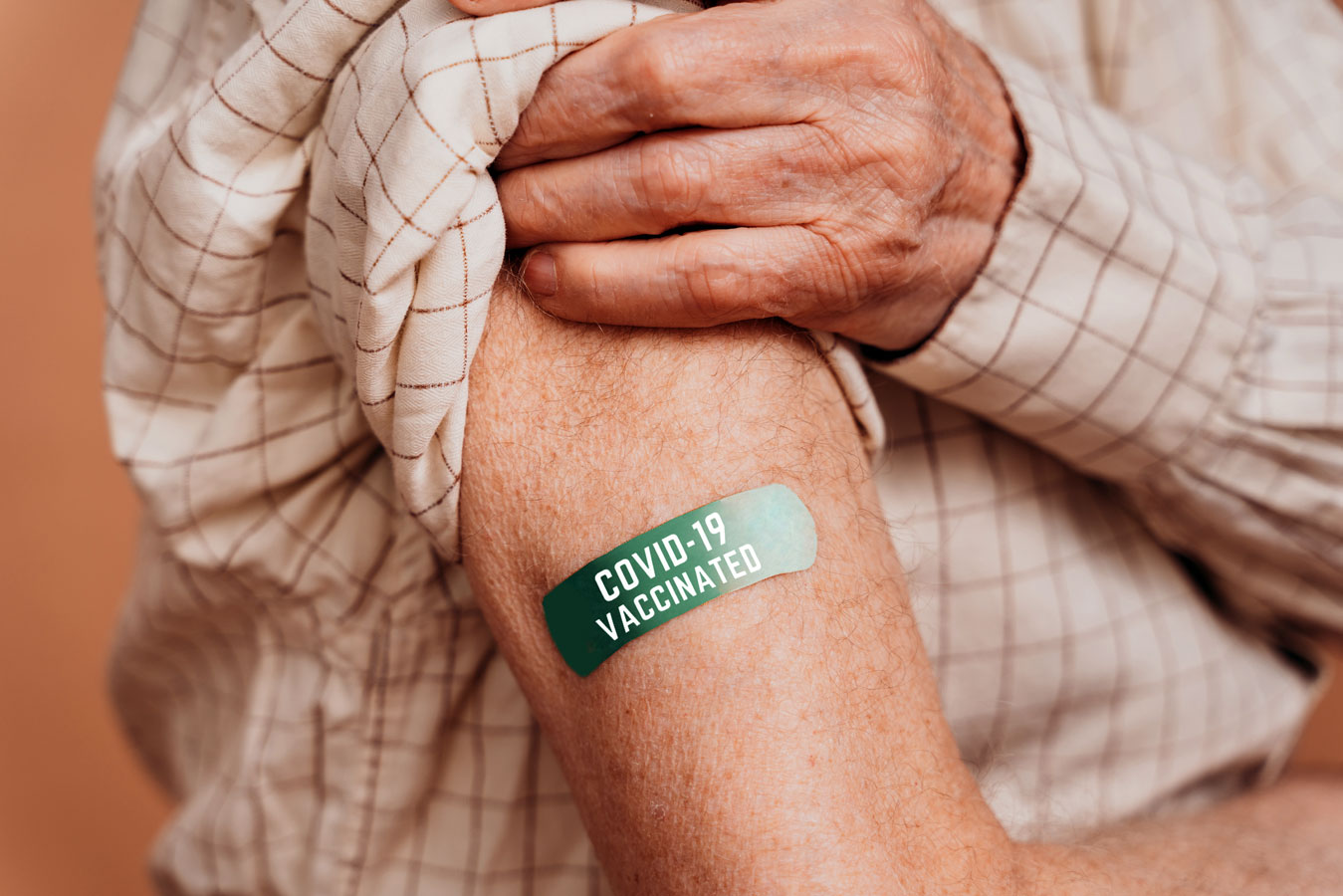Seniors are one of the largest populations in the United States right now. The generation that is known as the Baby Boomer generation and older adults are also those at the highest risk of complications from a COVID-19 infection. With the introduction of the vaccine, many senior adults are wondering whether or not they can get back to their old lives. While we may not be returning to the old way of doing things, many activities are safe to resume. You may still need to take precautions, but you will no longer need to isolate yourself so much.
Table of Contents
Why should you get a COVID-19 vaccine when it’s available to you?
In terms of safety, the COVID-19 vaccines are generally safe for most of the population. You can also return to your pre-COVID activities in many cases. Some activities will require safety precautions even with the vaccine, but the vaccine makes them less risky.
One thing that you should remember is that no vaccine is 100% effective at preventing disease.1
Some vaccines have a near 100% effective rate, but you can still get the illness it is designed to prevent.
The capacity to still contract the virus even with the vaccine confuses many. Though polio is considered eradicated in the US, even with the vaccine, it could be contracted. It’s not common, but it can happen given the right situation. A more common virus is the flu virus. One problem with influenza is that it has many strains and variants. The annual flu shot effectively prevents and minimizes the effects of the most common strains, but some people get sick anyway.
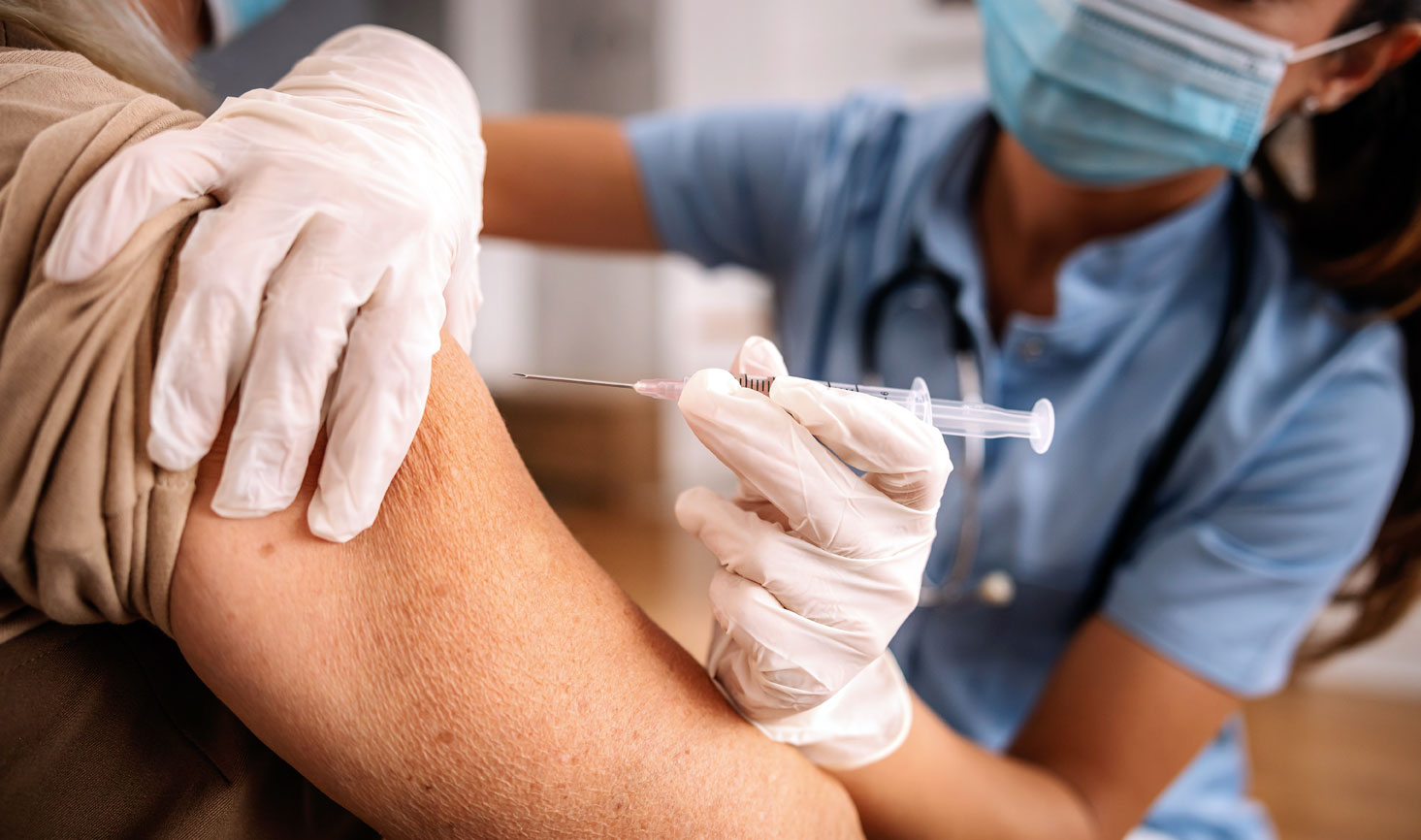
Seniors are at higher risk for death due to common illnesses such as the flu, so the annual vaccine is best. The COVID-19 vaccine is similar. It doesn’t prevent people from getting it 100% of the time, but it allows the body to be prepared and fight the infection more effectively. One of the numbers you will hear about is the hospitalization rate. The higher that number, the less likely you are to be hospitalized.2 With the current risk for seniors, each of the currently available vaccines has an excellent rating.
It’s important not to have excessively high or low expectations. If you have had COVID-19, a vaccine is still a good idea. While most people have not gotten it more than once, there have been some reported cases. Additionally, with the discovery of new strains, reinfection becomes more likely.
What are the existing COVID-19 vaccines that have received authorization?
Each country has authorized a variety of COVID-19 vaccines worldwide. However, the US initially received three emergency authorizations through the FDA. The three vaccines initially authorized were the Moderna, Pfizer-BioNTech, and Janssen vaccines. Each of these vaccines initially seemed safe for use on adults, but the efficacy for children was not yet known.
A short time after these vaccines were introduced, the Jansen vaccine saw a decrease in use due to potential side effects. However, in May, the CDC and FDA recommended the resumption of the vaccine.3 If you received this vaccine, you know that it is only one dose. Because it isn’t spread over two doses, it can have more substantial side effects. However, most people note that the side effects only last a few days. Suppose seniors, after their COVID-19 vaccination, feel side effects. In that case, they are merely a sign that their bodies are reacting to the vaccine, which is what they want to happen.
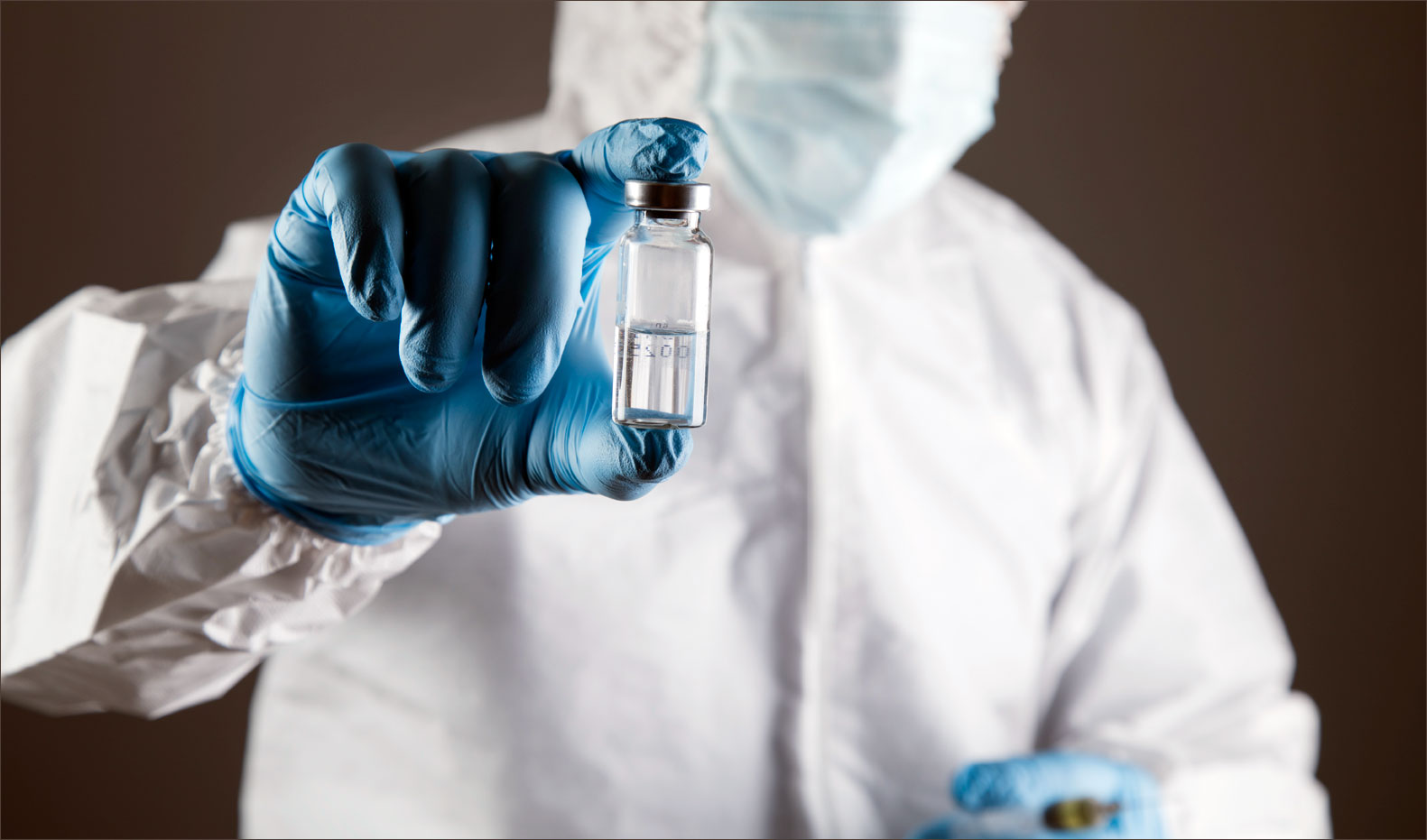
Additionally, children have now been approved to receive the Pfizer vaccine. Children 12-15 years old may now be vaccinated against COVID-19. This news is fantastic for seniors after their COVID-19 vaccination because the children in their lives can also be protected. Many families are still keeping youngsters from their senior family members because of the lack of vaccines. Little is known about children under 12, but research is still being done. Other vaccines may soon be approved for children in the same age range or other groups.
What is the best Covid 19 vaccine? (Which vaccine should you get?)
Ultimately, you should get whichever vaccine is available for you when you want to go. Each vaccine has a different efficacy rating and hospitalization score. Likewise, many vaccines note different side effects. Speak to other seniors after their COVID-19 vaccination to get their input on the side effects for them. However, remember that everyone is different.
The Pfizer-BioNTech vaccine is approved for children and adults over 12 years of age, but that does not mean that it is necessarily the best choice for you. This shot is administered in two rounds over three weeks. Like any vaccine, there are risks of side effects, but they are generally mild.
The Moderna vaccine is also an option for a two-shot series. It has been emergency-approved for people over eighteen. Recipients will get one shot every four weeks. Some people prefer this to the Pfizer shot because it gives more time to recuperate from the side effects, but most side effects are gone in a day or so from either.
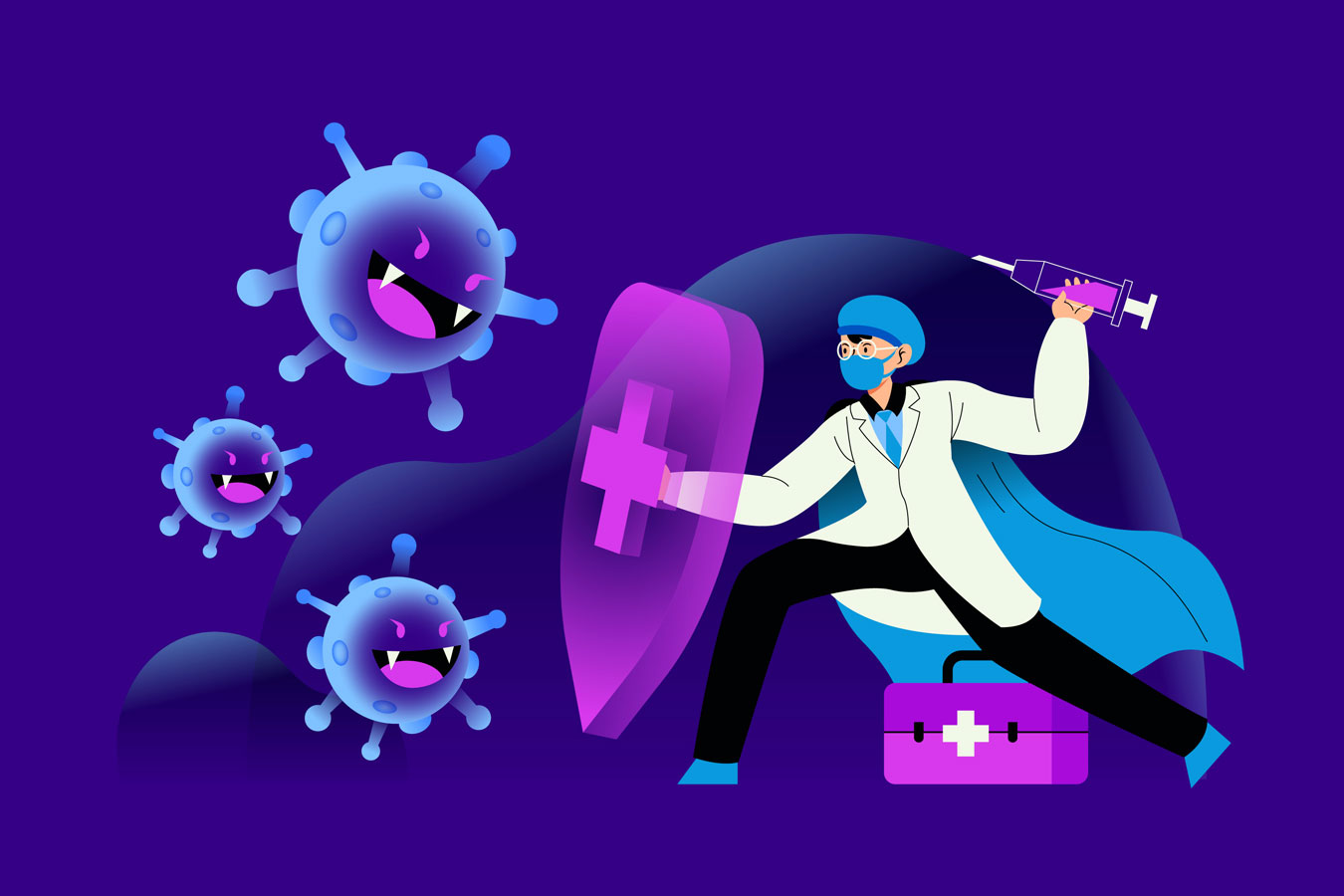
Finally, the Janssen or Johnson & Johnson shot is available as a single-dose vaccine. It has also been approved for adults only. There have been some increased complaints of side effects with this one, but most people don’t have long-lasting effects.
Each of these vaccines boasts full vaccination after two weeks. They are all deemed safe by the FDA and are similar in function. Moreover, the US is considering two more approvals. One is for the Astra-Zeneca vaccine, and the other is the Novavax. Each of these vaccines has been approved in other nations, and they are simply awaiting approval here.
What are the possible side effects of a COVID-19 vaccine?
Any medical treatment or vaccine has the potential for side effects. The most common side effects for seniors after the COVID-19 vaccination are pain, fever, fatigue, headache, muscle pain, chills, joint pain, nausea and vomiting, feeling generally unwell, and swollen lymph nodes. However, most of these side effects are gone within a few days. Immediately following the vaccine, you should be monitored for 15-30 minutes for immediate, problematic reactions.
People with allergies to particular products or foods, illnesses, or ailments may be more likely to react. They are more likely to need to be monitored for 30 minutes rather than 15. The Mayo Clinic notes that side effects are generally triggered in the first three days and last no more than two.4 For the Janssen vaccination, seniors after their COVID-19 vaccination may notice a few severe side effects such as chest pain, leg swelling, persistent stomachache, shortness of breath, or easy bruising. If they notice any of these, they should get in touch with their physician or go to emergency care.
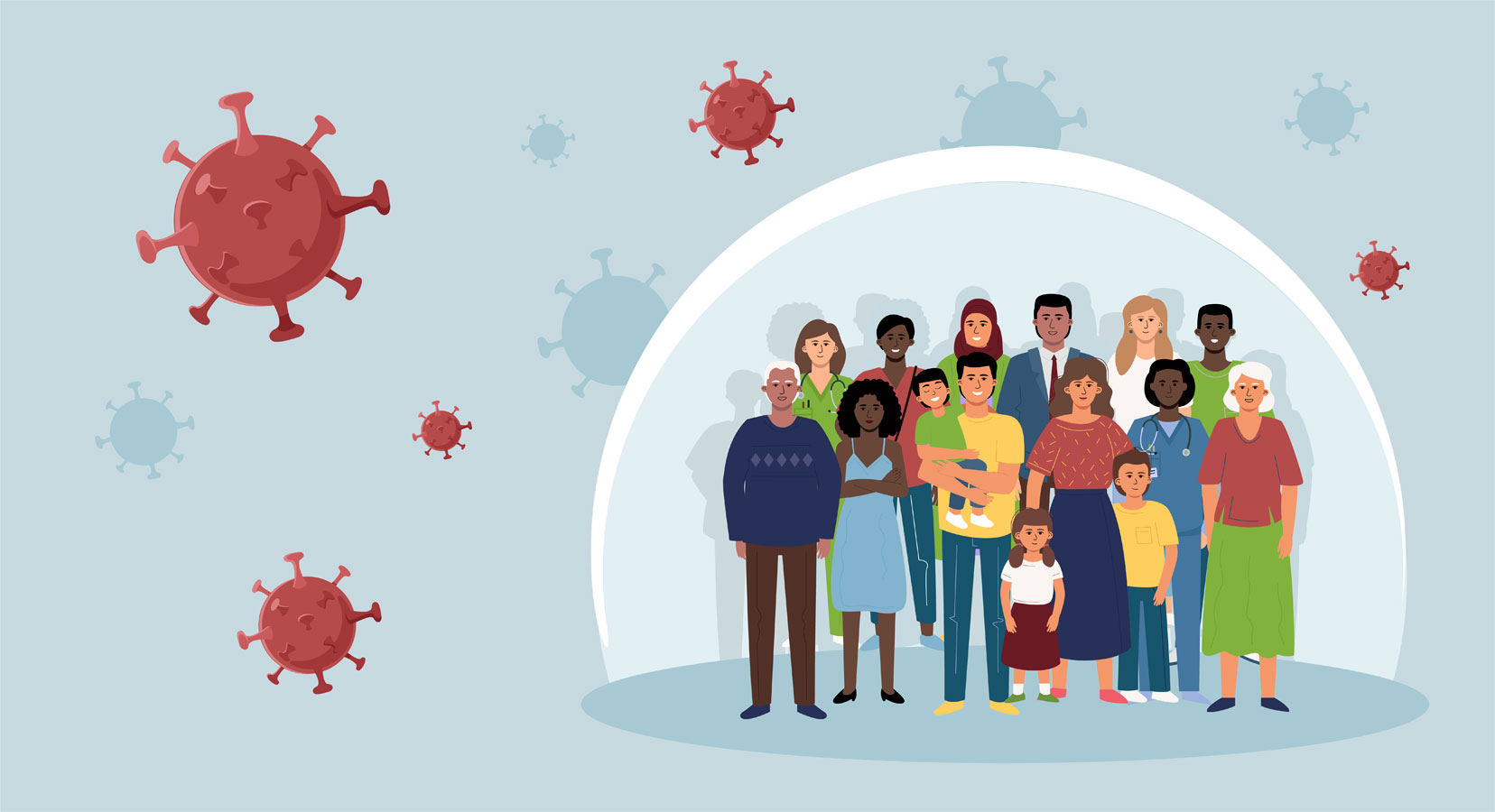
Are you immune to other variants of COVID-19 after you get the vaccine?
The currently available information is incomplete. Seniors after receiving their COVID-19 vaccine may be somewhat protected against variants, and the extent is currently being tested. The Mayo Clinic states that there are currently boosters being developed to work against these variants.5
While the S protein was the first to receive an approved vaccine, the newly developed vaccine type seems to be a bit more protective to variants than some vaccines for other diseases or illnesses. More research needs to be done to evaluate these statements and hypotheses, but all indications are positive.
You should also remember that seniors, after receiving their COVID-19 vaccination, are not always immune. As with all vaccines, you might still become infected with the S protein or other virus strains. Your body, however, is more equipped to handle the invasion of this virus now that there is a vaccine.
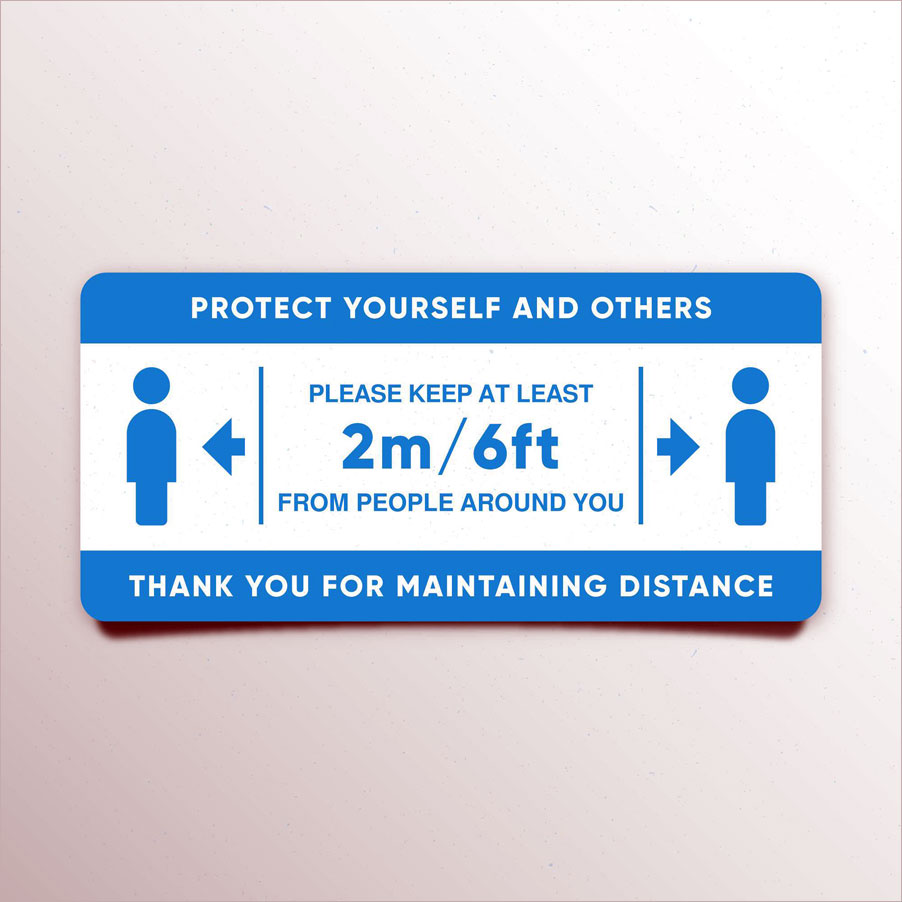
Do you have to wear a mask after vaccination?
Mask wearing has become a hot topic in the US. Wearing a mask doesn’t protect 100% against infection, but combined with the vaccine, it can certainly help prevent transmission of this virus. You will be best protected in close quarters by being vaccinated and masked.
There are a few times that the CDC has indicated masks can be avoided. Outdoor gatherings, specifically small ones, exercising outdoors, and spending time with other vaccinated adults. The American Medical Association reminds citizens that close quarters might be attending church, hair salons, or barbershops, concerts, and sports events.6 Social distancing is still a great idea if possible.
How long should you stay home if you’ve been in close contact with someone with COVID-19?
Generally speaking, seniors after their COVID-19 vaccination do not need to stay away from others even if they have been exposed. However, suppose you are in this situation and begin to experience symptoms. In that case, you should stay away until the symptoms have cleared. It is wise to get tested if they have been exposed or traveled internationally, even for seniors after their COVID-19 vaccination.
Keep in mind that these are the CDC recommendations that only pertain to the US. For seniors after their COVID-19 vaccination in other countries, the rules may be different. If you are traveling internationally, review the destination’s situation and recommendations before traveling and while away.
Can you still get COVID-19 after getting vaccinated?
The simple answer to this question is yes. Seniors after their COVID-19 vaccine can be infected. However, the current data suggest that most seniors do not experience severe symptoms if they are infected, and hospitalization is dramatically decreased. For instance, at one time, the Janssen vaccine was nearly 100% effective at minimizing hospitalization risks. Each of the vaccines has boosted numbers in the upper 90s.
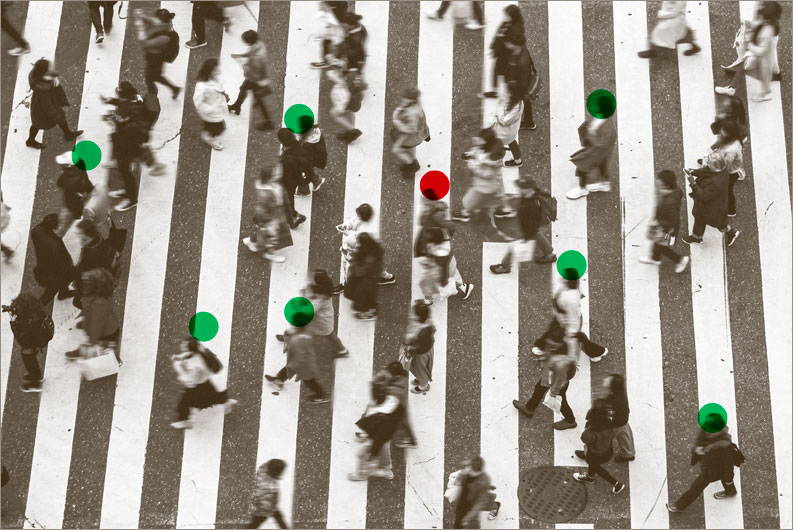
Since scientists have discovered some variants to this illness, it’s nearly impossible to know whether or not seniors after their COVID-19 vaccine will be infected. Medical scientists and researchers are continuing to monitor cases nationwide and collaborate with researchers worldwide.
One of the reasons these vaccines were released so quickly was due to the type of vaccines these are. These mRNA vaccines have been researched for decades, and a breakthrough was happening just as the COVID-19 virus was emerging. Scientists merely needed to make it compatible with this virus. Billions of dollars in funding made that possible. With this type of vaccine being new, scientists can’t know how the body will react to variants. Will there be enough data in your body to reformulate your immune response for other strains of the virus? No one knows quite yet.
Weakened immune systems or people on immunosuppressants should also speak with their medical providers about the vaccine’s efficacy. It may not be as effective for these patients due to the weakened immune response.
You should follow all directions and precautions from your physician when getting medical treatment or vaccinations regardless of the illness or treatment. This article should never be considered as medical advice.
Can you stop taking safety precautions after getting a COVID-19 vaccine?
The short answer to this question is no. You might want to resume some activities as usual, but you will still need to take precautions. First, you need to understand that you are not fully vaccinated until two weeks after any of the vaccines. With the Janssen vaccine, this means that seniors after their COVID-19 vaccination are fully vaccinated after two weeks. But with Moderna, this means that you are considered fully vaccinated six weeks after the initial vaccine. The first vaccine takes place, then four weeks later, the second dose. Seniors after their COVID-19 vaccination are not fully vaccinated for two weeks following this second dose, which puts them six weeks post-vaccine. The Pfizer-BioNTech vaccine takes a total of five weeks for full vaccination.
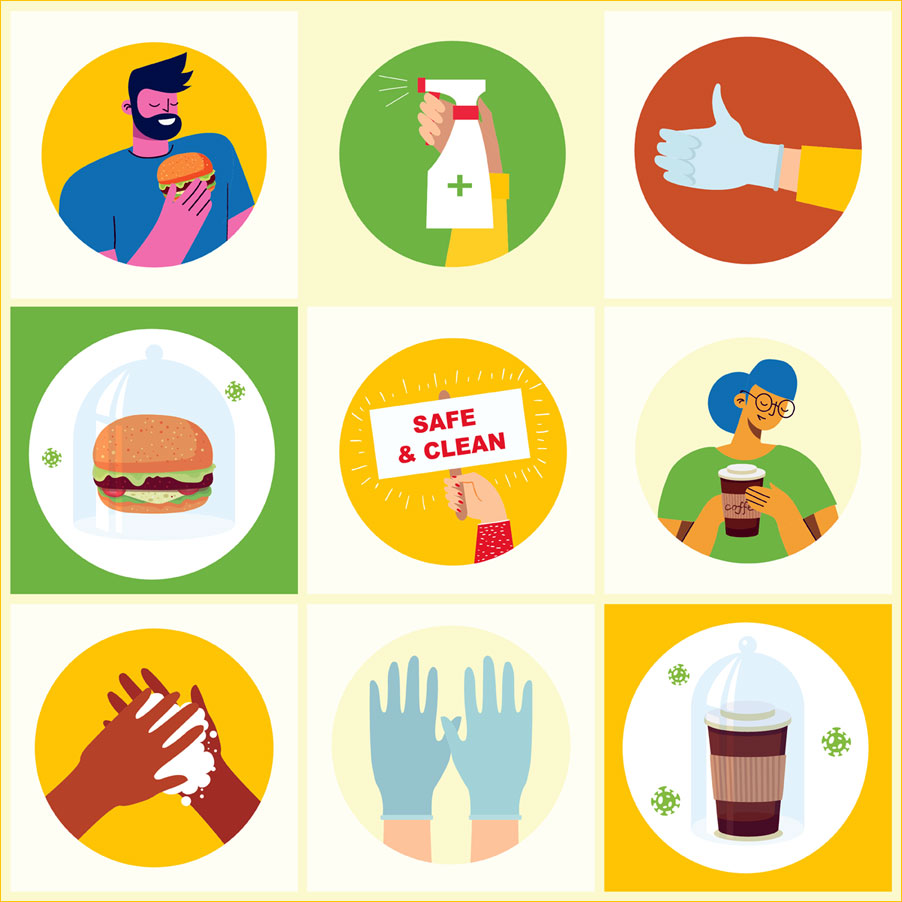
These dates are important because all current precautions should be followed until full vaccination is achieved. Seniors after COVID-19 vaccination can then begin removing some precautions. The Mayo Clinic notes that you can stop wearing a mask in social settings,7 but you should follow precautions mandated by your state or municipality and follow up-to-date CDC recommendations as they sometimes change before websites are updated.
International travel may resume for seniors after their COVID-19 vaccination, but they need to watch for recommendations in specific countries, get tested once returning home (after about three days), and take precautions required by those locations. Some locations are seeing a rise in variations or illnesses, and you will want to take the most responsible precautions for those locations.
However, for general social settings, you may be able to remove your mask and decrease social distancing if everyone is vaccinated and generally exposure-free. Exposure doesn’t mean that you have to be quarantined either. If you are a senior with full COVID-19 vaccination, you might not have to quarantine if you aren’t showing symptoms. It is recommended to be tested, primarily if you work in a shelter or detention facility, as these locations tend to be super spreader locations.

Can you resume activities that you did before the pandemic?
Some activities such as cookouts, concerts, and parties might be safe to resume, but you need to make sure that you take recommended precautions. Seniors after their COVID-19 vaccinations do not have to be as cautious but may still be at higher risk for complications.
Examples of outdoor and indoor activities:
The following activities are safest for resumption for seniors after their COVID-19 vaccination:
Outdoors
Walking, running, biking, wheelchair rolling, small gathering with family and friends, small outdoor gathering with both fully and non-vaccinated people, outdoor restaurant dining, crowded outdoor events.

Indoors
Hair salons/ barber shops, indoor shopping or museum visits in uncrowded locations, indoor gatherings of a mix of unvaccinated or vaccinated people, movie theaters, worship services, singing in a chorus, eating indoors, participating in the indoor exercise.
Note that if you are immunocompromised for any reason, even if seniors after COVID-19 vaccinations should continue with safety protocols such as masks and social distancing.8 Handwashing is always recommended.
Can you travel within the United States after getting the COVID-19 vaccine?
Travel inside the United States is generally considered safe at this time. You might want to check local statistics if you are concerned about exposure to the virus. Seniors after their COVID-19 vaccination should not need to be tested or quarantine after travel to most locations. However, suppose you think you have been exposed to the virus or are exhibiting symptoms. In that case, you should be tested three to five days after suspected exposure.

Some locations are having more trouble vaccinating their eligible populations, so if you travel to those locations, your risk of exposure may be higher. However, seniors after their COVID-19 vaccination should generally be able to practice precautions such as social distancing or mask-wearing to increase their resistance to exposure.
Some locations are still under mask mandates or social distancing requirements. Be sure that you follow all local mandates regardless of your vaccination status.
Some places have alternate mandates for fully vaccinated individuals as well. Seniors after their COVID-19 vaccination should check for what they need to do once they reach their destinations. Travel is otherwise safe.
Can you travel with your pets?
Traveling with pets can be challenging, whether there’s a rampant virus or not. Some places permit pets, and others don’t. If you are staying at a hotel or other paid location, check on their current pet rules regardless of the CDC’s recommendations and information.
The CDC doesn’t have any current research indicating a risk for pets and travel during COVID-19. Suppose you are bringing a pet in from another country (importing a pet). In that case, you need to check the regulations for vaccinations that must be administered before your pet can enter the US. However, this is not a COVID-19 issue. It is more related to rabies and other diseases that animals can have. For more information, refer to the CDC’s pet recommendations.9
Boarding facilities may not be in operation during this time. Seniors after their COVID-19 vaccination who wish to travel may need to find alternate arrangements for pets during travel. Hotels, cabins, airlines, trains, busses, and other vacation operators may limit pets or have specific recommendations in addition to the CDC guidelines.
Can you travel outside the United States after getting the COVID-19 vaccine?
Travel outside the United States is possible for seniors after their COVID-19 vaccination.
The first recommendation by the CDC is that everyone embarking on international travel needs to be fully vaccinated first. This recommendation means that you should be at least two weeks past the final injection for your chosen vaccination. Otherwise, there’s no reason travel should be halted for seniors after their COVID-19 vaccination.

Recommendations include following all international recommendations by the destination country. Some countries have travel restrictions in place for international visitors, so you might need to take additional precautions or documentation. Masks are required for all public transportation into and out of the US at this time. The US also requires that travelers have a negative test within three days of travel back to the US. This means that you may need to find appropriate testing locations internationally, and they may not be covered under your current health plans. You may also need a test within a few days of return.
If they are still working, seniors after their COVID-19 vaccination will need to make sure they follow employer recommendations as well. Your employer may restrict travel to certain states, regions, or countries. Traveling to those places may require quarantine or testing before returning to work. While this is less common now, any rise in local cases can change this recommendation. Be sure that you check with your employer before planning travel.
How common are breakthrough infections?
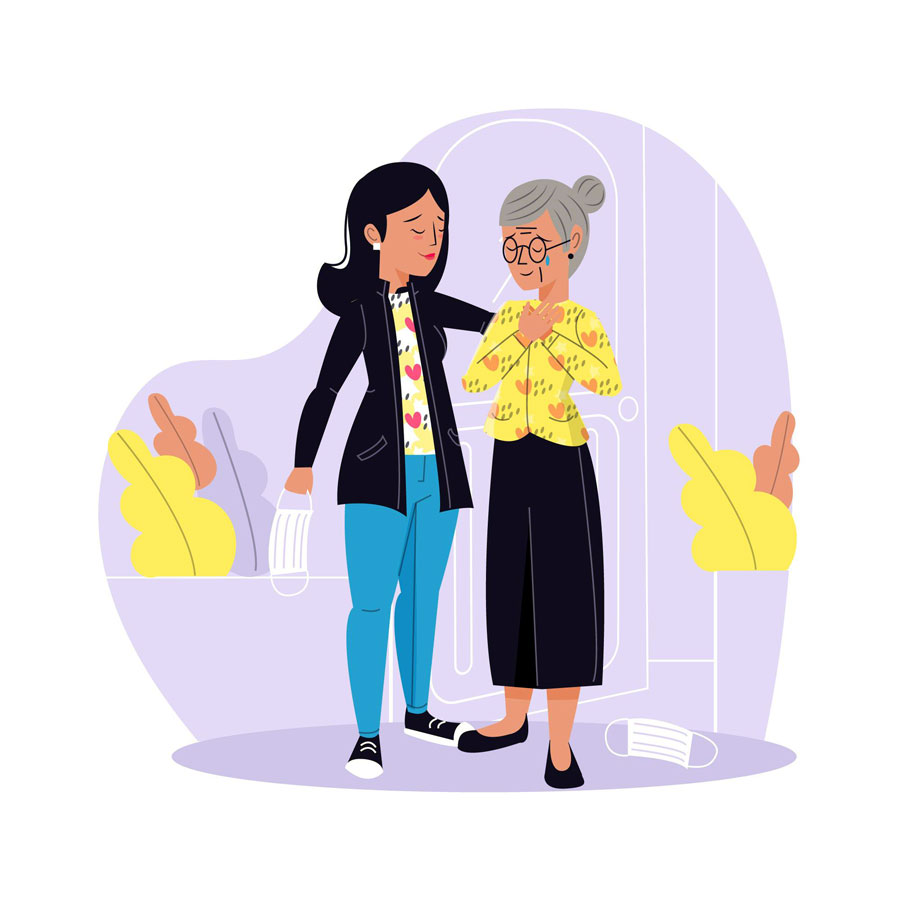
Breakthrough infections are cases where children, adults, or seniors after their COVID-19 vaccination are infected with COVID-19 anyway. Breakthrough cases are not unusual. The vaccines are doing a great job at preventing breakthrough infections, but no vaccine is 100% effective. All vaccines come with a risk of new infection anyway. However, most breakthrough infections have been less severe in similar unvaccinated patients. Seniors after their COVID-19 vaccination should generally feel safe to resume many daily activities. Remember, you are not fully vaccinated for two weeks after your final injection.
Protect Yourself and Others After You’ve Been Fully Vaccinated
Seniors after their COVID-19 vaccination can generally return to their everyday lives once fully vaccinated.
You can resume travel domestically and internationally as long as you follow local and state or country requirements for social distancing and mask-wearing. Not all locations will follow the same plans; you can also begin spending time with other vaccinated loved ones, both indoors and out.
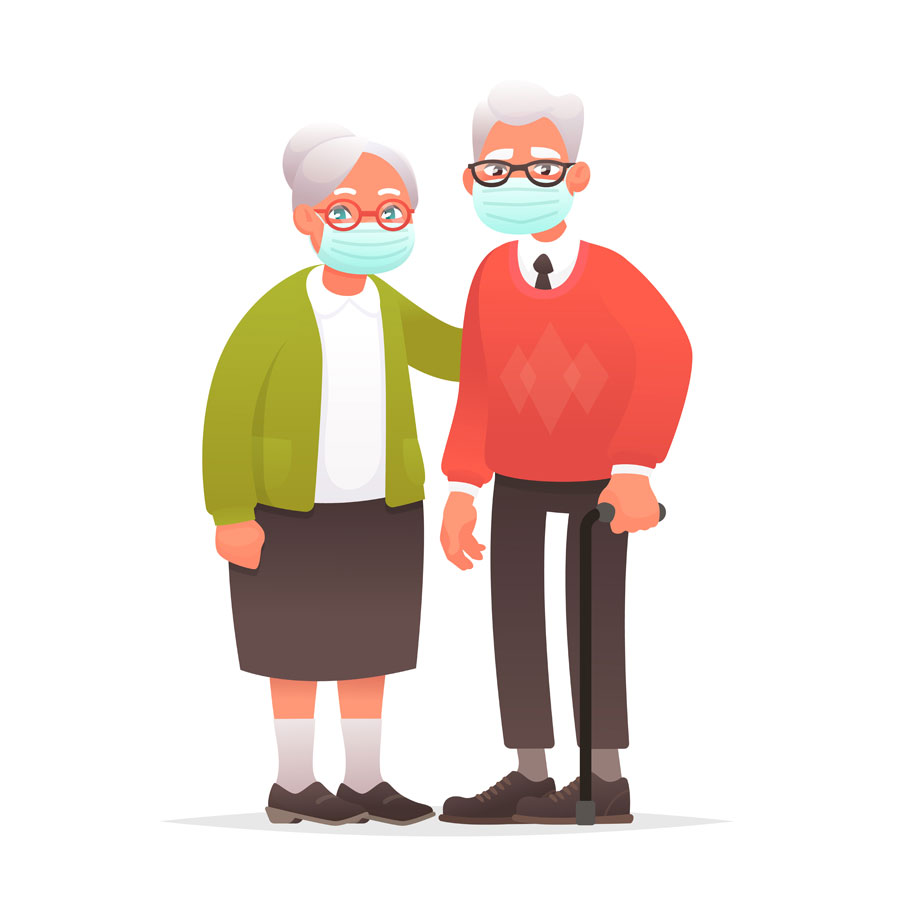
Mask-wearing, social distancing, and testing might be required in some cases, but seniors after their COVID-19 vaccination can begin to spend time with vaccinated and unvaccinated friends and family members, but if they are exposed to COVID-19 and symptomatic, they should be tested.
Related Questions
Can you contract the coronavirus disease from a package in the mail?
You should not worry about contracting COVID-19 from packages or mail in most cases. Suppose you are concerned about the delivery driver being infected. In that case, you should avoid contact and have them leave the package on your porch or doorstep. Most of the time, the virus doesn’t live on surfaces for more than four days. Plastic can be wiped with disinfectant if you are concerned. Most surfaces cannot host the virus for more than a few hours, though.
Will a HEPA filter kill COVID-19?
A HEPA filter cannot kill the COVID-19 virus. However, the filters can remove contaminants from the air, including the COVID-19 virus. Since the virus can only live in the air for a short time and may attach to the filter. This will prevent them from being spread around your home.
Can you get COVID 19 from your pets or other animals?
The CDC has seen few cases of spread from pets to owners. However, the possibility for transmission remains. There is little indication that seniors, after their COVID-19 vaccination, can be infected by pets. Use good hygiene habits for you and your pets to minimize these risks.
Can the coronavirus disease spread through food or drinking water?
The FDA has not seen evidence of the COVID-19 virus being transmitted through food or water. However, the virus may be transmitted by unvaccinated food service workers or restaurant patrons. The risk of infection for seniors after their COVID-19 vaccination is low. If you are concerned, wear a mask before and after eating and practice social distancing where food is being served.
Are you at risk of infection if you go to a funeral or visitation service for someone who died of COVID-19?
According to the CDC, there is no known risk for seniors after their COVID-19 vaccination who attend funerals of loved ones with COVID-19 related death. You should use appropriate precautions, however, during crowded services. You should be safe if you have been vaccinated.
Can the COVID-19 be transmitted by urine or feces?
There is no current data on the spread of COVID-19 through urine or feces. There are documented cases of the virus being found in the feces of patients, but the spread is unclear. However, thorough handwashing is recommended if you come in contact with the urine or feces of someone with COVID-19. The risk for infections is low for seniors after their COVID-19 vaccination. The virus is airborne, so it would probably be low risk.
Do antibiotics work against the coronavirus?
Antibiotics treat bacterial infections. The COVID-19 infection is a virus, not a bacterium. An antibiotic could be used to treat a subsequent infection such as bronchitis or sinus infection if it were bacterial, but they couldn’t treat the virus. Antivirals may prove effective, but the only one currently approved is Remdesivir. However, with more research, that may change.
Does sunlight kill COVID-19?
There’s no current data on this. At one time, it was believed to have some effect, but the extent is yet unknown. This is still being studied by scientists, so this information may change rapidly.
References
1 “CDC Recommends Use of Johnson & Johnson’s Janssen COVID-19 Vaccine Resume | CDC.” 2021. Centers for Disease Control and Prevention. May 6, 2021. https://www.cdc.gov/coronavirus/2019-ncov/vaccines/safety/JJUpdate.html.
2 “Choosing Safer Activities | CDC.” 2020. Centers for Disease Control and Prevention. February 11, 2020. https://www.cdc.gov/coronavirus/2019-ncov/daily-life-coping/participate-in-activities.html.
3 “Coronavirus (COVID-19) Frequently Asked Questions | CDC.” 2020. Centers for Disease Control and Prevention. February 11, 2020. https://www.cdc.gov/coronavirus/2019-ncov/faq.html#Pets-and-Animals.
4 “Efficacy and Effectiveness | Immunisation Advisory Centre.” 2016. Immunisation Advisory Centre. July 26, 2016. https://www.immune.org.nz/vaccines/efficiency-effectiveness.
5 “Get the Facts about COVID-19 Vaccines – Mayo Clinic.” 2021a. Mayo Clinic. June 12, 2021. https://www.mayoclinic.org/diseases-conditions/coronavirus/in-depth/coronavirus-vaccine/art-20484859#side-effects.
6 “———.” 2021b. Mayo Clinic. June 12, 2021. https://www.mayoclinic.org/diseases-conditions/coronavirus/in-depth/coronavirus-vaccine/art-20484859#covid-variants.
7 “———.” 2021c. Mayo Clinic. June 12, 2021. https://www.mayoclinic.org/diseases-conditions/coronavirus/in-depth/coronavirus-vaccine/art-20484859#side-effects.
8 Katella, Kathy. 2021. “Comparing the COVID-19 Vaccines: How Are They Different? > News > Yale Medicine.” Yale Medicine. Yale Medicine. June 16, 2021. https://www.yalemedicine.org/news/covid-19-vaccine-comparison.
9 Berg, Sara. 2021. “What Doctors Wish Patients Knew about Life after Vaccination | American Medical Association.” 2021. American Medical Association. May 6, 2021. https://www.ama-assn.org/delivering-care/public-health/what-doctors-wish-patients-knew-about-life-after-vaccination.
